When Language Is Used to Deceive You: How Doublespeak Distorts Reality and Corrupts Thought (1989)
Read the book: https://amzn.to/3HfaDcw
Doublespeak is language that deliberately obscures, disguises, distorts, or reverses the meaning of words. Doublespeak may take the form of euphemisms (e.g., "downsizing" for layoffs and "servicing the target" for bombing), in which case it is primarily meant to make the truth sound more palatable. It may also refer to intentional ambiguity in language or to actual inversions of meaning. In such cases, doublespeak disguises the nature of the truth.
Doublespeak is most closely associated with political language.
The word is comparable to George Orwell's Newspeak and Doublethink as used in his book Nineteen Eighty-Four, though the term Doublespeak does not appear there.
The term "doublespeak" derives from two concepts in George Orwell's novel Nineteen Eighty-Four, "doublethink" and "Newspeak", though the term is not used in the book. Another variant, "doubletalk", also referring to deliberately ambiguous speech, did exist at the time Orwell wrote his book, but the usage of "doublespeak", as well as of "doubletalk", in the sense emphasizing ambiguity clearly postdates the publication of Nineteen Eighty-Four. Parallels have also been drawn between doublespeak and Orwell's classic essay Politics and the English Language, which discusses the distortion of language for political purposes. In it he observes that political language serves to distort and obfuscate reality. Orwell's description of political speech is extremely similar to the contemporary definition of doublespeak:
In our time, political speech and writing are largely the defence of the indefensible… Thus political language has to consist largely of euphemism, question-begging and sheer cloudy vagueness… the great enemy of clear language is insincerity. Where there is a gap between one's real and one's declared aims, one turns as it were instinctively to long words and exhausted idioms…
The writer Edward S. Herman cited what he saw as examples of doublespeak and doublethink in modern society.[9] Herman describes in his book Beyond Hypocrisy the principal characteristics of doublespeak.
Edward S. Herman and Noam Chomsky comment in their book Manufacturing Consent: the Political Economy of the Mass Media that Orwellian doublespeak is an important component of the manipulation of the English language in American media, through a process called dichotomization, a component of media propaganda involving "deeply embedded double standards in the reporting of news." For example, the use of state funds by the poor and financially needy is commonly referred to as "social welfare" or "handouts," which the "coddled" poor "take advantage of." These terms, however, are not as often applied to other beneficiaries of government spending such as military spending. The bellicose language used interchangeably with calls for peace towards Armenia by Azerbaijani president Aliyev after the 2020 Nagorno-Karabakh War were described as doublespeak in media.
Doublespeak, particularly when exaggerated, can be used as a device in satirical comedy and social commentary to ironically parody political or bureaucratic establishments' intent on obfuscation or prevarication. The television series Yes Minister is notable for its use of this device.[16] Oscar Wilde was an early proponent of this device and a significant influence on Orwell.
William D. Lutz has served as the third chairman of the Doublespeak Committee since 1975. In 1989, both his own book Doublespeak and, under his editorship, the committee's third book, Beyond Nineteen Eighty-Four, were published. Beyond Nineteen Eighty-Four consists of 220 pages and eighteen articles contributed by long-time Committee members and others whose bodies of work have contributed to public understanding about language, as well as a bibliography of 103 sources on doublespeak.[20] Lutz was also the former editor of the now defunct Quarterly Review of Doublespeak, which examined the use of vocabulary by public officials to obscure the underlying meaning of what they tell the public. Lutz is one of the main contributors to the committee as well as promoting the term "doublespeak" to a mass audience to inform them of its deceptive qualities. He mentions:[24]
There is more to being an effective consumer of language than just expressing dismay at dangling modifiers, faulty subject and verb agreement, or questionable usage. All who use language should be concerned whether statements and facts agree, whether language is, in Orwell's words, "largely the defense of the indefensible" and whether language "is designed to make lies sound truthful and murder respectable, and to give an appearance of solidity to pure wind".
https://en.wikipedia.org/wiki/Doublespeak
0































































































































































































































































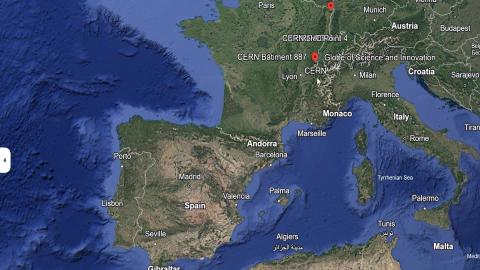
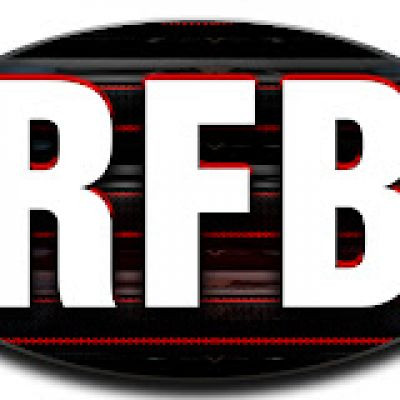 Richie From Boston
Richie From Boston
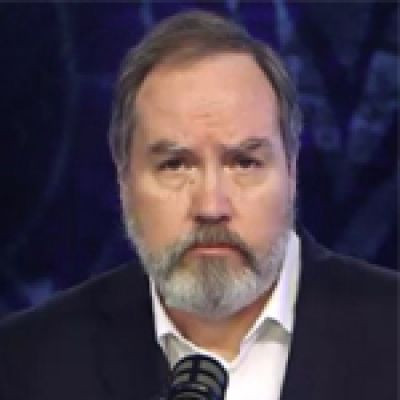 The David Knight Show
The David Knight Show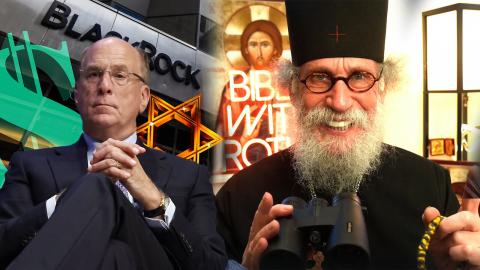
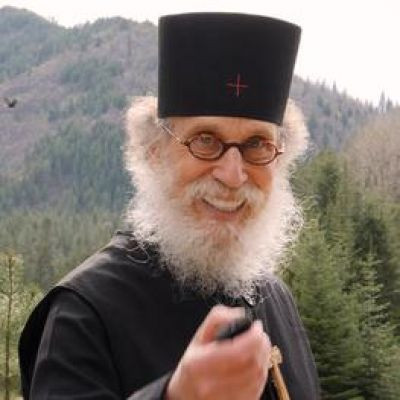 Brother Nathanael
Brother Nathanael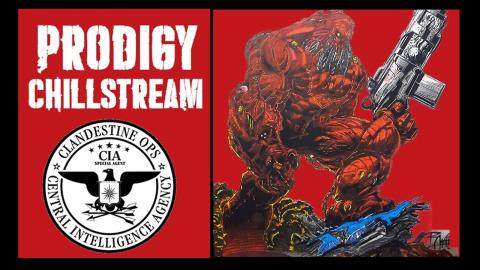
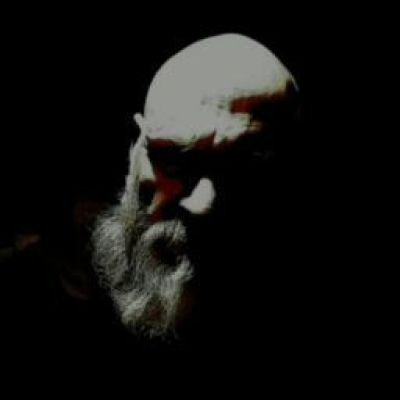 Hammerhand
Hammerhand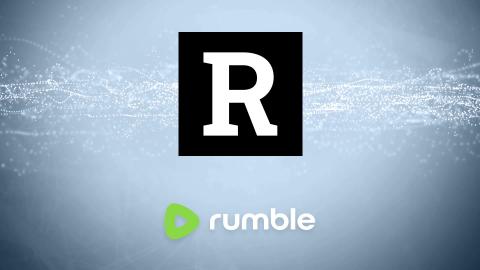
 Redacted News
Redacted News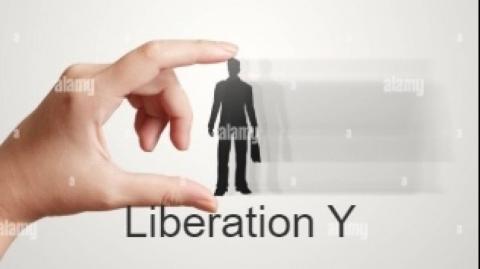
 4_ArchAngel
4_ArchAngel
 RT
RT
 Styxhexenhammer666
Styxhexenhammer666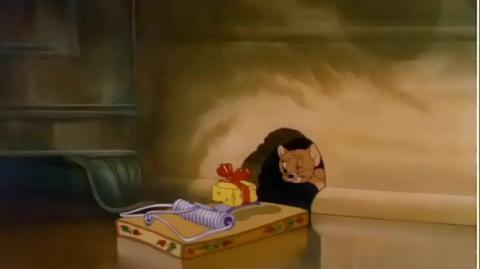
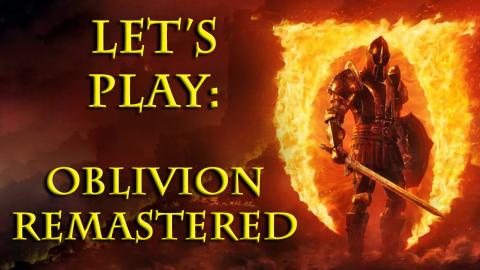
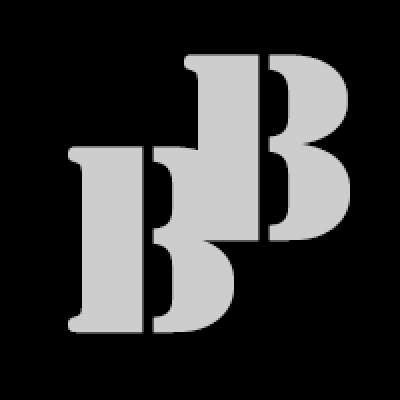 Better Bachelor
Better Bachelor
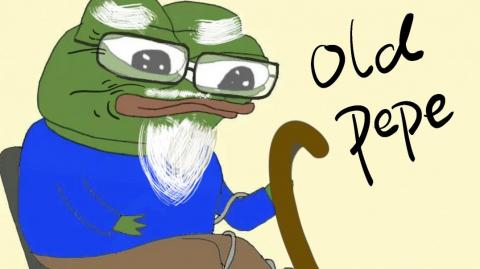
 Ozmosis
Ozmosis
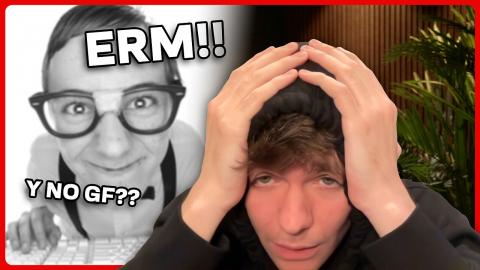
 Nick J Fuentes
Nick J Fuentes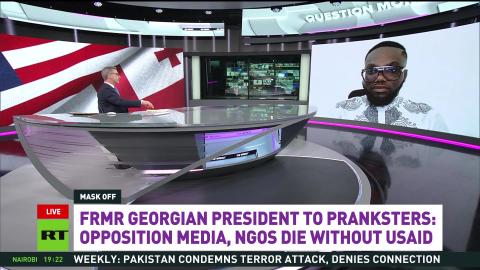
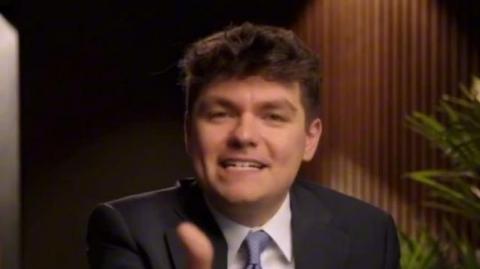
 LiberumArbitrium
LiberumArbitrium
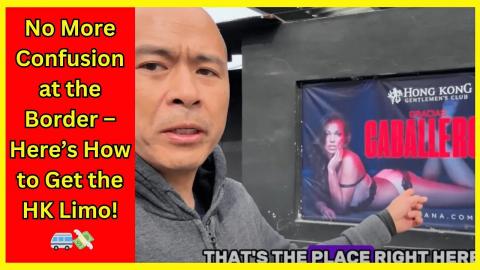
 420Jon69
420Jon69
 Freshfit
Freshfit
Log in to comment
https://www.manopay.net/TheRedKnight